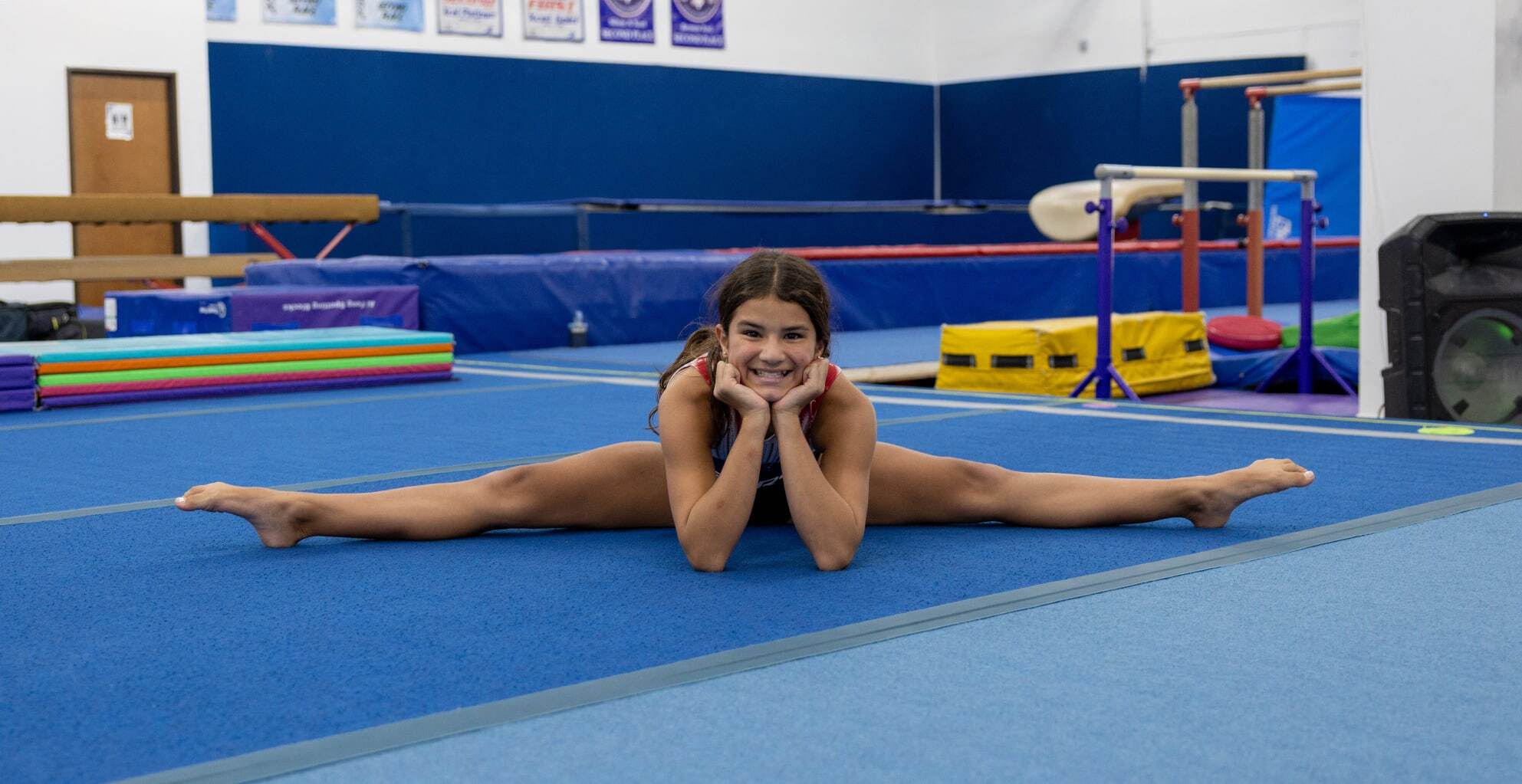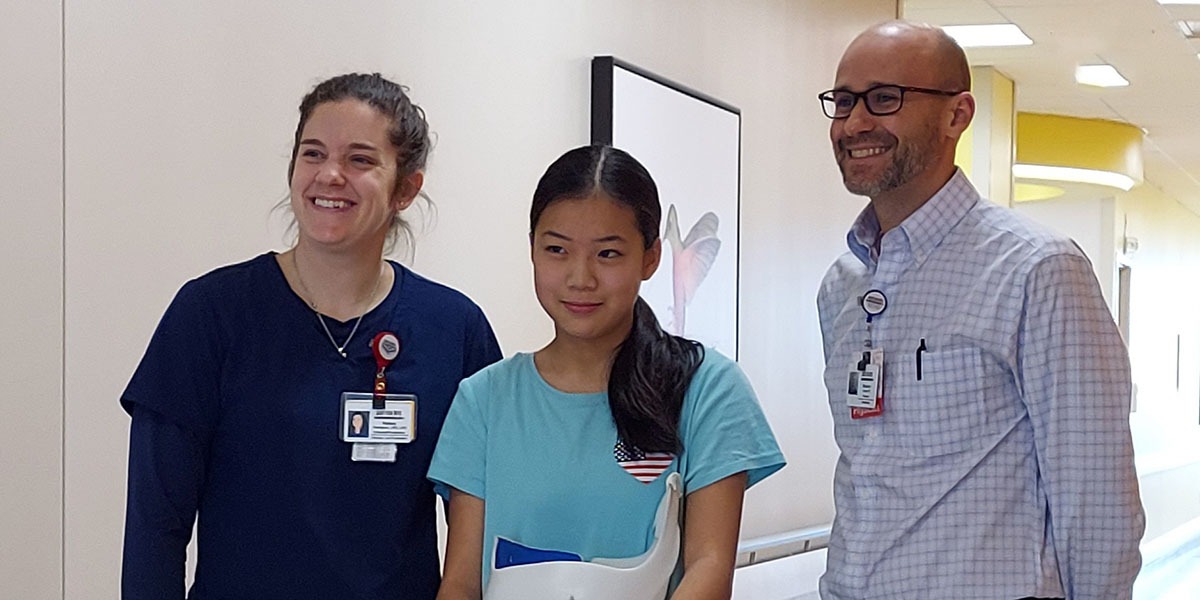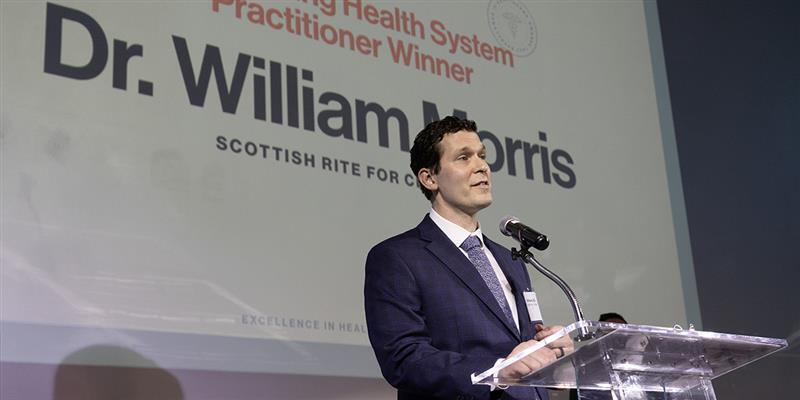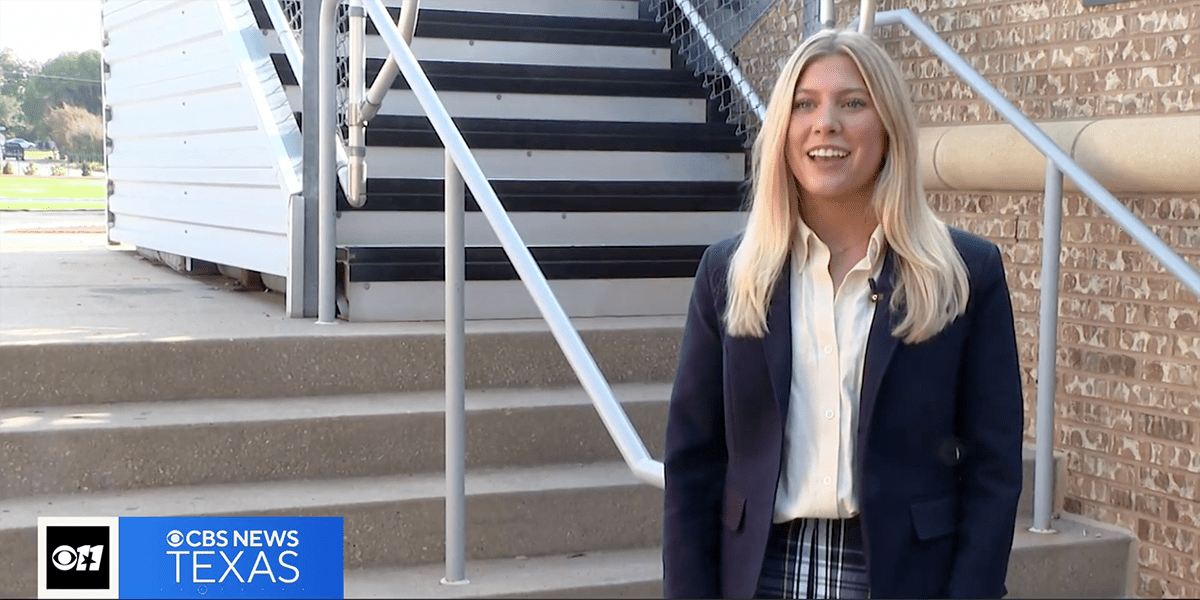Gymnasts have unique fueling needs. From long training days to busy competition days, proper nutrition is key to meet their short- and long-term energy needs. Scottish Rite for Children hosted a webinar, featuring sports dietitian Taylor Morrison, M.S., R.D.N., CSSD, L.D., and sports medicine physician Jane S. Chung, M.D. From their multiple projects together, they shared valuable insights on fueling strategies for young gymnasts.
Common Signs of Underfueling
If a gymnast experiences any of these symptoms, nutrition could be a key factor:
- Fatigue before practice ends
- Dizziness during training
- Recurring injuries, such as stress fractures
- Difficulty building muscle
- Plateau in skill progression
- Increased anxiety or mood swings
With proper fueling, many of these issues can improve.
There are Four Key Areas of Gymnastics Nutrition
1. Building a Strong Nutrition Foundation
- Aim for three meals and three snacks daily.
- Each meal should contain at least three food groups.
- Snacks should include two food groups.
- Balance proteins, carbohydrates and healthy fats.
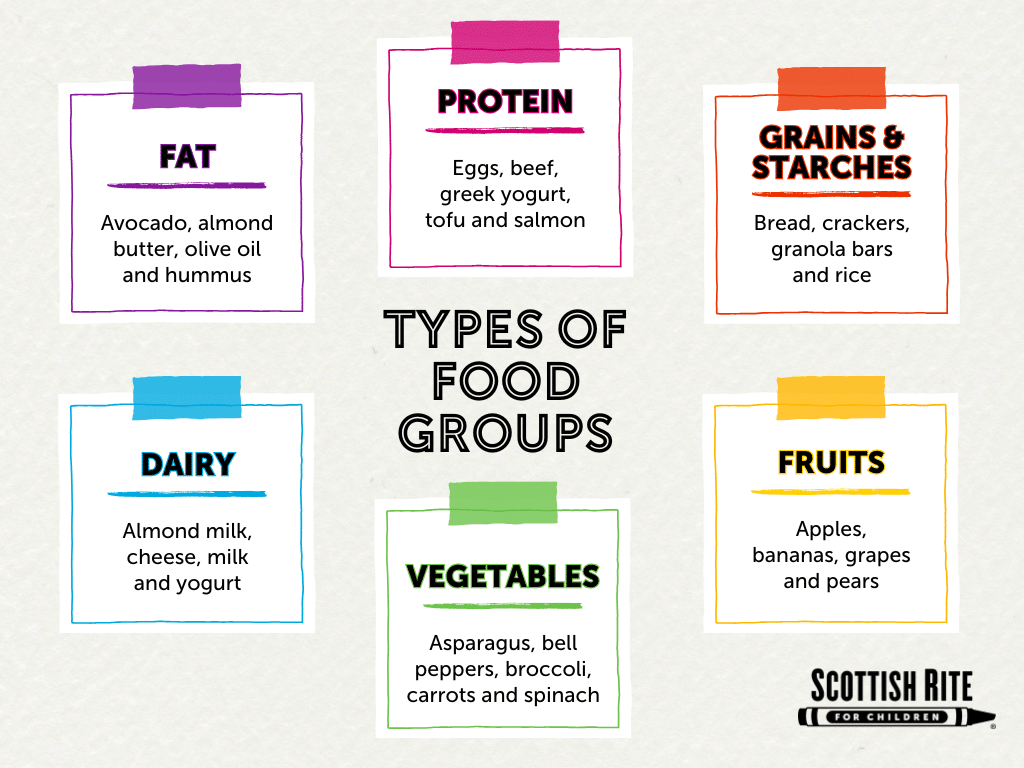
2. Key Micronutrients for Performance
Certain micronutrients are critical for gymnasts:
- Calcium supports bone strength and injury prevention. Good sources include dairy, leafy greens and almonds.
- Vitamin D aids calcium absorption and bone health. It is found in salmon, eggs and fortified foods.
- Iron helps prevent fatigue and supports oxygen transport. Iron is found in lean meats, beans and spinach.
3. Energy Availability: Are You Eating Enough?
Gymnasts need adequate daily calories to support training and growth. Skipping meals or snacks can lead to low energy availability, affecting performance and recovery. If you are unsure on the number of calories that your young athlete needs, talk with your pediatrician, a sports medicine physician or a sports dietitian.
4. Performance Nutrition Strategy
Nutrition timing is key for training and competition days:
- More than three hours before activity – A balanced meal with protein and complex carbs.
- One to 1.5 hours before – Simple carbs for quick energy, such as fruit or yogurt.
- 15 to 30 minutes before – Easily digestible carbs, such as applesauce or pretzels.
- During long training sessions – Quick energy snacks, such as sports drinks or granola bars.
- Post-training recovery – A mix of protein and carbs, such as chocolate milk, a smoothie or a sandwich.
By building a strong nutrition foundation, prioritizing key nutrients, ensuring adequate energy intake and implementing a fueling strategy, gymnasts can optimize performance, prevent injuries and improve recovery.
For more expert tips, watch the full webinar here.


